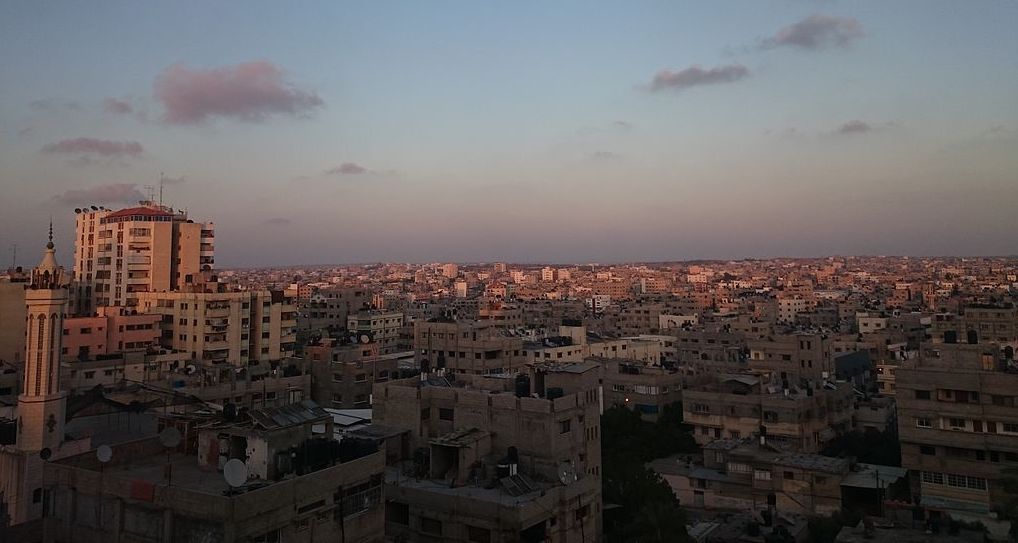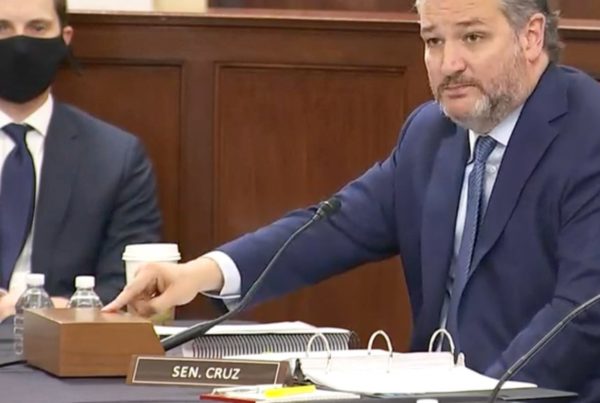Ten days into the armed conflict between Israel and the Hamas-governed Palestinian territory of Gaza, hundreds of Palestinians and at least 70 Israelis have been killed.
University of Texas at Austin foreign policy expert Jeremi Suri says pinpointing the source of the conflict is complicated. But the recent violence comes after four years of stalled peace negotiations. Suri says the absence of talks has enabled escalating violence between the two sides.
“Neither side feels obligated to avoid the most extreme behavior,” Suri told Texas Standard.
Added to that has been an increase in Jewish settlement activity in predominately Palestinian areas, with forced evictions sanctioned by the Israeli government.
“You had a number of Palestinian families living in this section of East Jerusalem where they have lived since the early 1950s, if not earlier,” Suri said. “There’s a dispute over who has the right to live there. As the Israelis began to evict the Palestinians, they reacted and resisted moving.”
That resistance then led to some Israelis marching through the neighborhood shouting “death to Arabs,” and the violence quickly escalated to rocket launches from Hamas and airstrikes from Israel.
Suri says the United States and other world leaders need to put pressure on both sides for a cease fire. But Israel and Hamas both have incentives to continue fighting. Israeli Prime Minister Benjamin Netanyahu’s power had been dwindling before the conflict; now, Suri says Netanyahu can rally support for his leadership during a national security crisis. As for Hamas – which Suri says is one of the more extreme groups in the Palestinian territory, and claims to lead the territory – it can claim success at standing up to Israel.
Suri says President Biden has privately pushed Netanyahu for a cease fire. Publicly, Biden said Wednesday that he expects “a significant deescalation today.”
“We can hope to be there in a few days, if not sooner,” Suri said.















